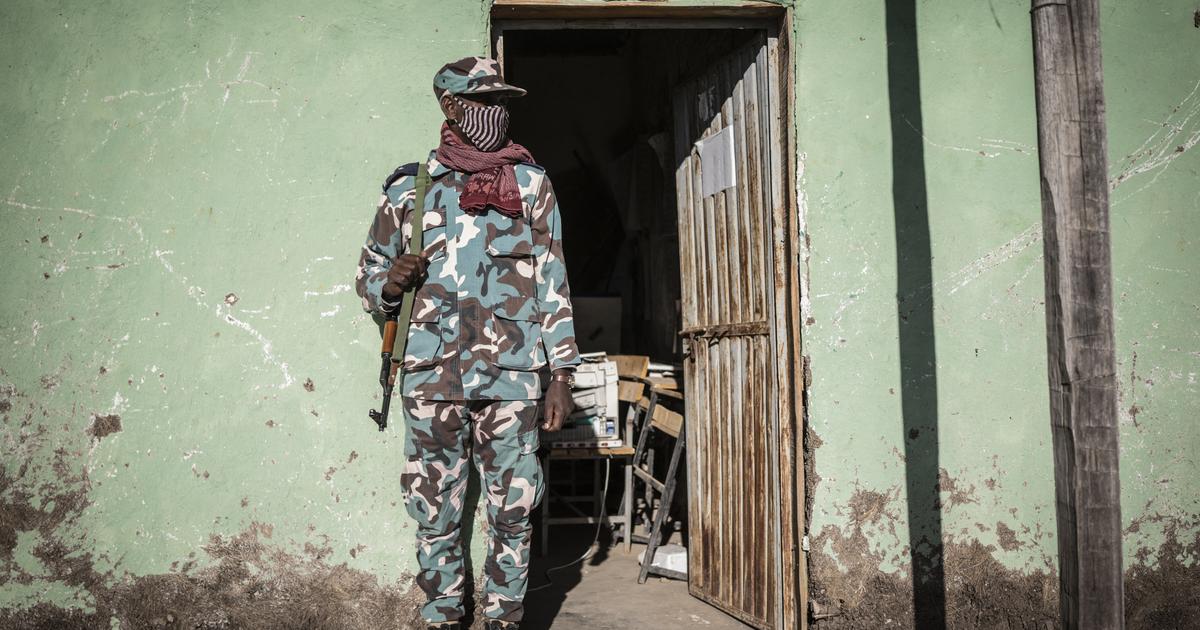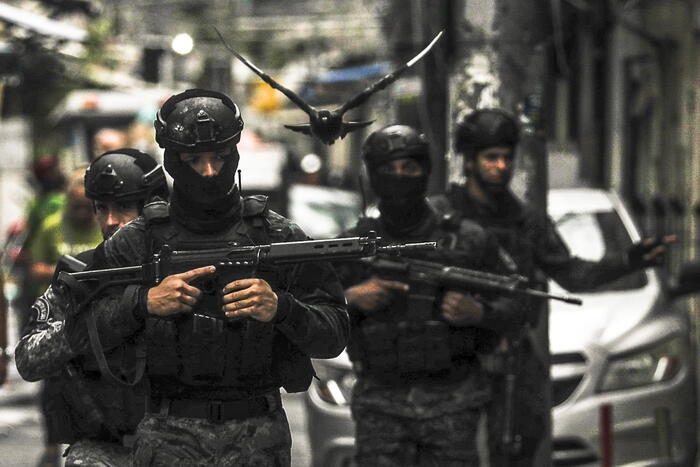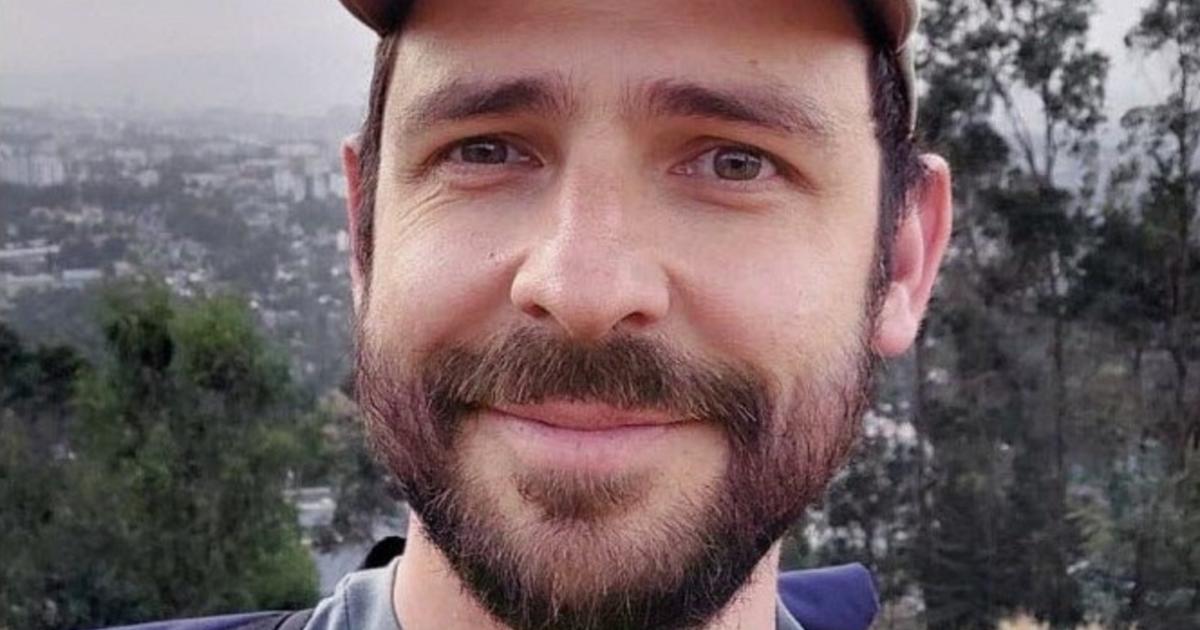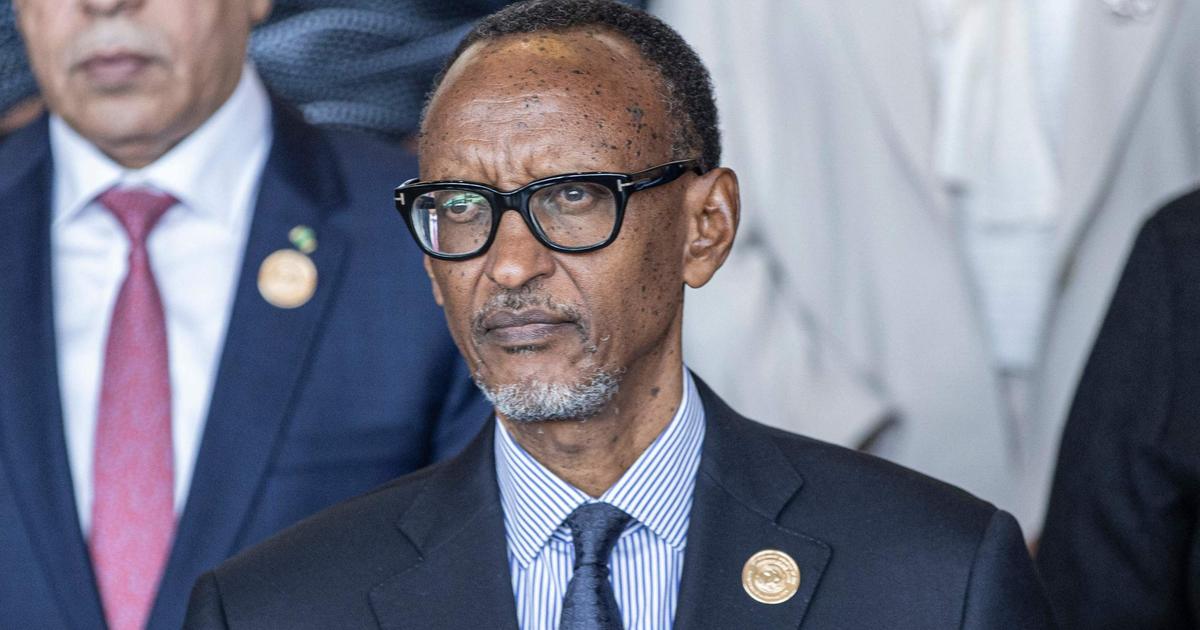Prime Minister Abiy Ahmed had imagined election day differently.
It was to be the freest elections in Ethiopia's history.
The day was not only overshadowed by the conflict in Tigray.
Addis Ababa - After months of violence, the parliamentary elections in Ethiopia have started under tightened security measures.
The polls in the second largest country in Africa is an important test for the incumbent Prime Minister and Nobel Peace Prize laureate Abiy Ahmed.
However, the Ethiopian electoral commission reported irregularities after just a few hours.
Military vehicles could be seen at key locations in the capital, Addis Ababa.
Candidates who did not belong to the ruling party were restricted in their freedom of movement, said election commission chairman Birtukan Mideksa during a press conference.
In three regions, the work of election observers had also been made more difficult, Mideksa said.
The largest opposition parties had already announced a boycott of the polls in advance, after party members were allegedly harassed, attacked and in some cases killed.
The European Union decided in May not to send any election observers to Ethiopia.
Some districts don't vote until September
Despite the irregularities, voters were already standing in front of the polling stations in Addis Ababa and other parts of the country at 6:00 a.m. (5:00 a.m. CET). According to official figures, 37.4 million people have registered to vote in the country with a population of more than 110 million. In 64 of the 547 electoral districts, it will not be possible to vote until September for logistical and security reasons. First results are expected after a week.
The parliamentary elections, which have already been postponed twice, are overshadowed by months of violence, especially in the northern region of Tigray, where elections have been suspended. Abiy Ahmed started a military offensive there in November against the Tigray People's Liberation Front (TPLF). The government is repeatedly accused of using violence and rape against the population in Tigray. According to the UN, hundreds of thousands of people in Tigray are at risk of starvation.
The head of government, who has been in office since 2018, hopes to be confirmed in office. Abiy Ahmed came to power following the resignation of his predecessor and has since launched a number of reforms. Among other things, because of his peace agreement with long-term rival Eritrea, he received the Nobel Peace Prize in 2019. However, ethnic tensions and conflicts in the multi-ethnic state intensified during his tenure. dpa


/cloudfront-eu-central-1.images.arcpublishing.com/prisa/RHYRDMQQ7BG5JOUSKAXBLKE6YE.jpg)





